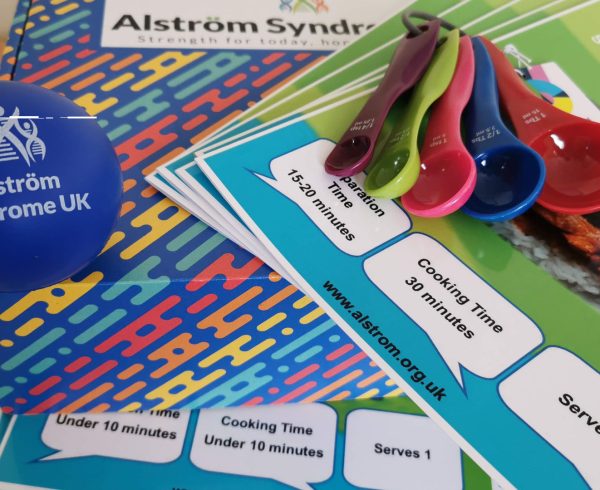What are you entitled to?
We have brought together some useful ‘Hints and Tips’ around the Care Act and how to receive a specialist assessment which should take into account your daily support needs. This can be downloaded here
Implementing the Care Act – The charity Sense also provide guidance on Deafblind assessments. Click here to read about how you can request and evidence your requirement for a specialist deafblind assessment.
Direct Payments and Personal Budgets
A direct payment is one of the ways you can receive money from your local council to help you pay for your support needs. Choosing to have a direct payment gives you more control over the services you use and who provides these.
Each local authority will have their own guidelines around Direct Payments, but we have gathered some general advice to follow:
The charity Sense offers a comprehensive guide around how to pay for your support:
https://www.sense.org.uk/get-support/information-and-advice/paying-for-your-support/direct-payments/
Carers UK, provide an easy-to-read guide including what you can and can’t use Direct Payments for:
https://www.carersuk.org/help-and-advice/practical-support/getting-care-and-support/direct-payments
Age UK provide detailed factsheets about Direct Payments and Personal Budgets:
https://www.ageuk.org.uk/globalassets/age-uk/documents/factsheets/fs24_personal_budgets_and_direct_payments_in_social_care_fcs.pdf
The NHS provide useful information about Personal Budgets and Direct Payments:
https://www.nhs.uk/conditions/social-care-and-support-guide/money-work-and-benefits/personal-budgets/
Carers Assessment
Generally when a person asks to be assessed for direct payments, a carers assessment will also be needed.
Carers UK offer practical support and information about these assessments:
https://www.carersuk.org/help-and-advice/practical-support/getting-care-and-support/direct-payments
Care and Support for Deafblind Children and Adults – DoH Policy Guidance
Useful information issued by the Department of Health, it provides policy guidance in relation to the Care Act 2014. To read the document in full click here.
You have the right to ask for a Specialist Deafblind Care Assessment from social care if you have sight and hearing loss of any level. You do not need to be profoundly deaf or blind for this request to apply to your own circumstances.
Blue Badge; Disabled Parking Permits
The charity, Contact for families with disabled children offer comprehensive information about the blue badge scheme and how to apply. This is usually done through your local authority.
A blue badge costs up to £10 in England and £20 in Scotland, it is free for people residing in Wales. They usually last 3 years before you need to reapply.
New rules will come into force from the 30th August 2019 which will take into account hidden disabilities as well as many people now being able to automatically qualify if they meet specific rules. You can read the full information here
The Government have also announced a new online system which means applicants can complete the whole process online, hopefully making it easier and quicker to apply.
To apply online you will need a photo or scan of your:
- proof of identity (such as a birth certificate, passport or driving licence)
- proof of address (such as a Council Tax bill or government letter)
- proof of benefits (if you get any)
You will also need to provide a recent digital photo showing your head and shoulders.
You’ll also need to know:
- your National Insurance number (if you have one)
- the details of your current Blue Badge (if you’re reapplying)
You can find further information and apply online here
Challenging a decision
The local authorities don’t always make the correct decisions, so just in case this happens we have provided some useful links about what to do next. But please don’t forget your ASUK Family Support Worker is here to help and support you through this process.
Your local authority should have a complaints process in place to resolve your complaint. If you feel your complaint hasn’t been resolved then your next step will be to make contact with the Social Care Ombudsman Service.
A useful link in challenging social care decisions around Adult Social Care can be found at CASCAIDr which stands for the Centre for Adults’ Social Care – Advice, Information and Dispute Resolution
https://www.cascaidr.org.uk/
The Local Government and Social Care Ombudsman
This is a free service, which is often the final stage for complaints about councils, all adult social care providers (including care homes and home care agencies) and some other organisations providing local public services.
‘We investigate complaints in a fair and independent way – we do not take sides.’ (quote from the IGO website)
https://www.lgo.org.uk/





Leave a Comment